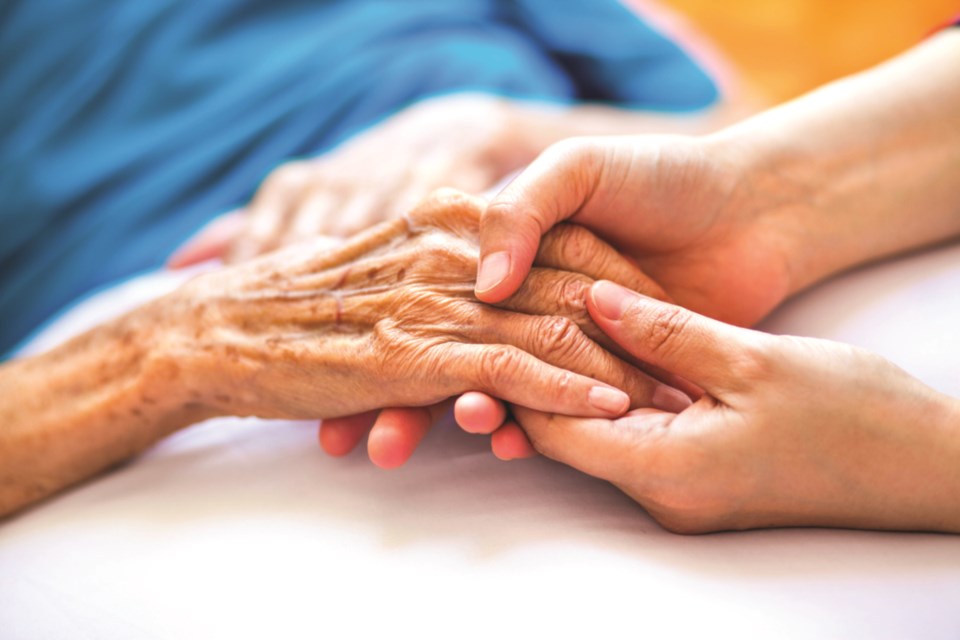Caring for someone who is elderly or unwell can be a rewarding, yet overwhelming experience, especially for informal caregivers, says Larissa Zwar, Brock University’s newly appointed Canada research chair in social psychology of aging.
She was among 179 new and renewed Canada Research Chairs announced on March 13, bringing Brock’s total to 13 active chairs. While her research scope covers Canada, she is primarily concentrating on Ontario.
Niagara-on-the-Lake has an older population compared to other municipalities in the Niagara region, with a median age of 57.2.
Because of that, Zwar argues support systems for seniors and especially caregivers of seniors need to be stronger.
Zwar, an assistant psychology professor who moved to Niagara-on-the-Lake from Germany in January, is researching better ways to support caregivers of seniors, who often face emotional, physical and logistical challenges, said Zwar in an interview.
Her work also explores the impact of public perceptions on caregiving and how stereotypes and judgments can influence how caregivers provide care and make decisions, she said.
All of this research will, in turn, help her identify ways to better support seniors as well, she said.
“The care system doesn’t work if there are no informal caregivers,” said Zwar.
Whether it be spouses, siblings, children, or friends, helping with meals, personal hygiene, or navigating the healthcare system, with an aging population, better support is more important than ever, says Zwar.
Informal caregivers play a vital role in the healthcare system, assisting old-aged loved ones, not just with everyday tasks and medical needs, but with emotional support as well, says Zwar.
“They’re so essential,” she said.
She especially learned this to be true during the COVID-19 pandemic.
Many formal care services were disrupted, leaving caregivers to shoulder even more responsibility.
“(Informal caregivers) could not go into the nursing home because of protection rules, and that was really a big problem, because they also provide a lot of support in there. It’s not just taking place in their own homes,” she said.
But now, the focus on supporting informal caregivers has since been overlooked and faded from public attention, Zwar argues.
“Somehow, we forgot about it already,” she said.
Unlike professional caregivers, informal caregivers get little to no formal training and typically have to navigate complex healthcare systems on their own, which often leads to struggles with balancing personal well-being and giving round-the-clock care, she said.
One of the biggest hurdles is the lack of resources for informal caregivers to easily access, she said.
Zwar’s work aims to study these challenges and propose solutions to bridge this gap.
It also studies how care-related stigma intersects with other forms of prejudice.
And how that intersection influences caregivers’ well-being, decision-making and their reliance on outside help.
The goal is to ensure caregivers receive the support they need, which will ultimately benefit the seniors in their care, she said.
“In the end, it is connected,” said Zwar.
In terms of solutions, Zwar’s ideas include expanded caregiver networks in municipalities, increased access to training programs and community-based resources tailored to caregivers’ needs.
But for residents in need of immediate resources, she said the Ontario Caregiver Organization offers information and support aimed at preventing caregiver burnout.
